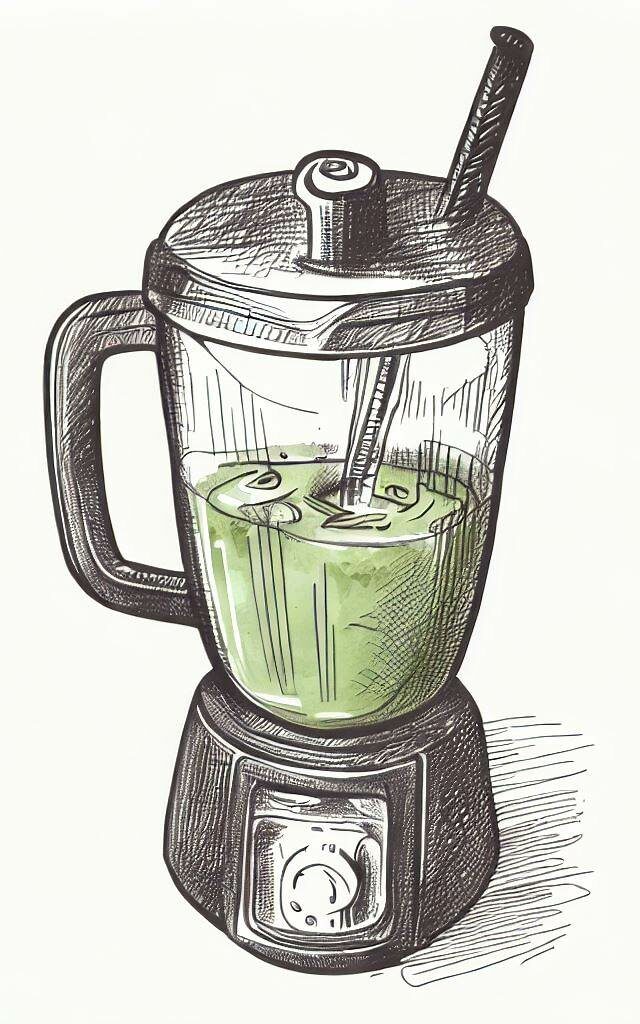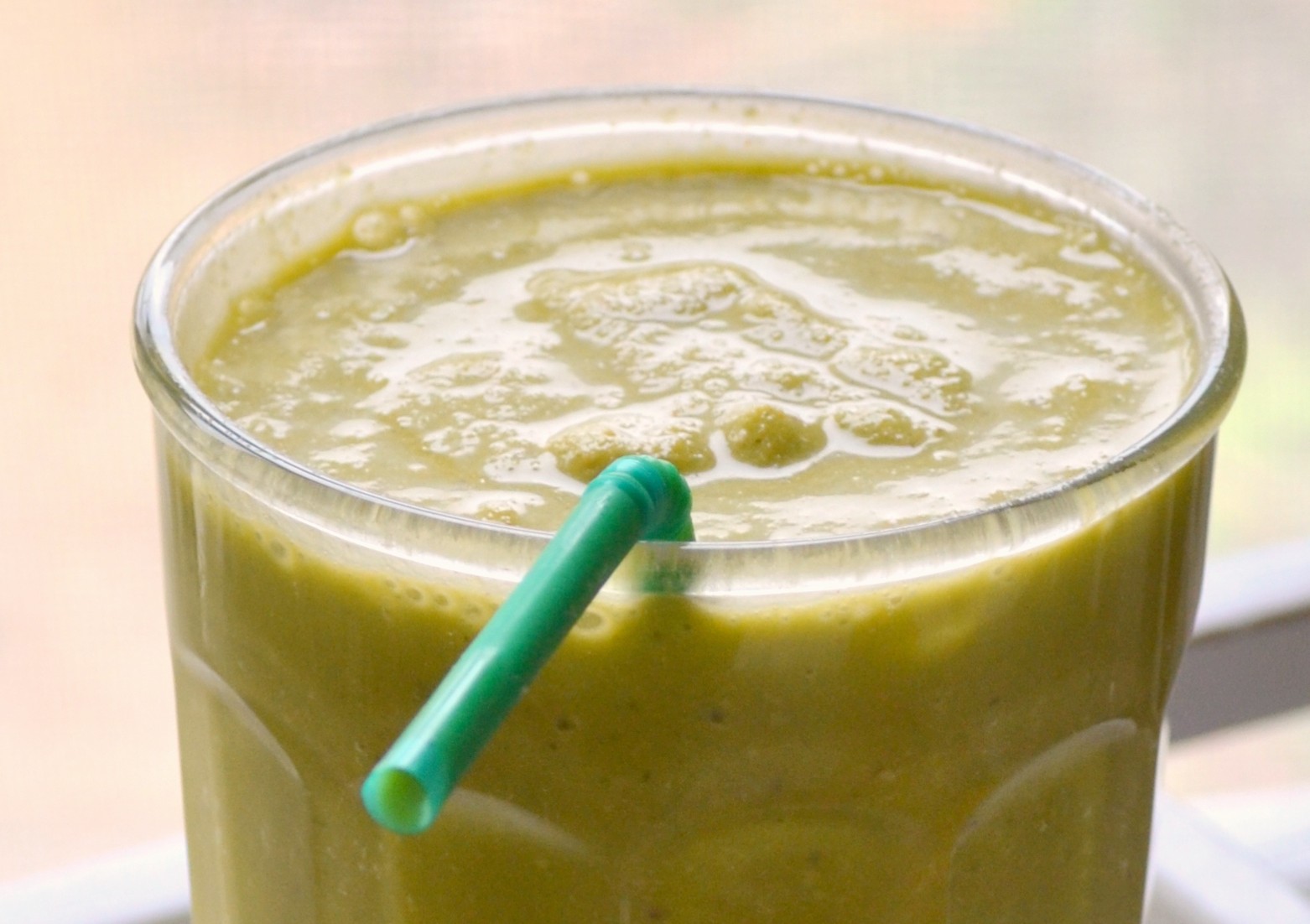Top Smoothie Recipes to Help Lowering Your Cholesterol

Are you looking for a delicious and nutritious way to lower your cholesterol levels? Look no further than the power of smoothies! Packed with vitamins, minerals, and fiber, these refreshing beverages can be a valuable addition to your diet in the quest for a healthier heart. These smoothies can provide help lowering your cholesterol. We will share some of the top smoothie recipes that are not only tasty but also have cholesterol-lowering benefits. So grab your blender and get ready to sip your way to a healthier you!
Cholesterol: Understanding the Basics
Cholesterol is a waxy, fat-like substance that is found in all cells of the body. It plays essential roles in various bodily functions, including hormone production, vitamin D synthesis, and the formation of cell membranes. While cholesterol is necessary for proper bodily functioning, excessive levels can lead to health problems, particularly cardiovascular diseases.
There are two primary types of cholesterol: low-density lipoprotein (LDL) cholesterol, often referred to as “bad” cholesterol, and high-density lipoprotein (HDL) cholesterol, known as “good” cholesterol.
- LDL Cholesterol: LDL cholesterol is considered “bad” because it can accumulate in the arteries, forming plaques that can narrow the blood vessels and impede blood flow. High levels of LDL cholesterol increase the risk of heart disease and stroke.
- HDL Cholesterol: HDL cholesterol is considered “good” because it helps remove excess cholesterol from the bloodstream and transports it to the liver for disposal. Higher levels of HDL cholesterol are associated with a lower risk of heart disease.
Cholesterol levels in the body are influenced by a combination of genetic factors and lifestyle choices, such as diet and physical activity. A diet high in saturated and trans fats, for example, can raise LDL cholesterol levels, while a diet rich in fruits, vegetables, and whole grains can help lower LDL cholesterol and raise HDL cholesterol levels.
Monitoring and maintaining healthy cholesterol levels are vital for cardiovascular health. High levels of LDL cholesterol and low levels of HDL cholesterol can increase the risk of developing heart disease, heart attacks, and strokes. Lifestyle modifications, including a healthy diet, regular exercise, and, in some cases, medication, can help manage cholesterol levels and reduce the risk of cardiovascular complications.
Regular check-ups with healthcare professionals, including blood tests to assess cholesterol levels, can provide valuable information about an individual’s cholesterol profile and guide appropriate interventions to maintain optimal cardiovascular health.
Why Is LDL Cholesterol Bad?
“Bad” cholesterol, also known as low-density lipoprotein (LDL) cholesterol, is considered harmful due to its role in the development of cardiovascular diseases. Elevated levels of LDL cholesterol in the bloodstream can lead to the formation of plaque within the arterial walls, causing atherosclerosis and narrowing of the arteries. This condition restricts blood flow and increases the risk of heart disease, heart attacks, and strokes. LDL cholesterol can also promote blood clot formation, impair the production of nitric oxide, induce oxidative stress and inflammation, and disrupt cholesterol transport, all of which contribute to cardiovascular complications.
To maintain heart health, it is crucial to manage LDL cholesterol levels. This can be achieved through lifestyle modifications, including adopting a heart-healthy diet like smoothies, engaging in regular exercise, maintaining a healthy weight, and, when necessary, using medication as prescribed by a healthcare professional. By controlling LDL cholesterol levels, individuals can reduce the risk of developing cardiovascular diseases and their associated complications.
Smoothie Recipes to Help Lowering Your Cholesterol
Smoothies can be a beneficial addition to a cholesterol-lowering diet due to their potential to incorporate ingredients that support heart health. Certain ingredients commonly used in smoothies, such as berries, flaxseed, spinach, avocado, and oats, contain fiber, antioxidants, and healthy fats that have been associated with reducing LDL cholesterol levels. Berries are rich in fiber and antioxidants that aid in cholesterol management, while flaxseed provides omega-3 fatty acids known to lower cholesterol. Leafy greens like spinach offer plant sterols that can help reduce cholesterol absorption, and avocado contributes heart-healthy fats. Oats, on the other hand, contain soluble fiber that can assist in lowering LDL cholesterol. By combining these ingredients in a delicious and convenient smoothie, individuals can enjoy a refreshing way to support their efforts in managing cholesterol levels.
1. Berry Blast Smoothie
Ingredients:
- 1 cup mixed berries (blueberries, raspberries, strawberries)
- 1 ripe banana
- 1 tablespoon ground flaxseed
- 1 cup low-fat yogurt or almond milk
- 1 teaspoon honey (optional)
- Ice cubes (optional)
Instructions:
- Wash the berries and remove any stems.
- Peel and slice the banana.
- Add the berries, banana, ground flaxseed, yogurt or almond milk, and honey (if desired) to a blender.
- Blend until smooth and creamy.
- Add ice cubes if you prefer a chilled smoothie.
- Pour into a glass and enjoy!
Why it’s great for lowering cholesterol:
Berries are rich in antioxidants and fiber, which can help reduce LDL (bad) cholesterol levels. Flaxseed contains omega-3 fatty acids, which have been shown to lower cholesterol. Additionally, low-fat yogurt or almond milk provides a creamy base without adding excessive saturated fat.
2. Green Power Smoothie
Ingredients:
- 2 cups spinach or kale leaves
- 1 ripe pear, cored and chopped
- 1/2 avocado
- 1 tablespoon chia seeds
- 1 cup unsweetened coconut water or green tea
- Juice of 1/2 lemon
Instructions:
- Wash the spinach or kale leaves thoroughly.
- Core and chop the pear.
- Cut the avocado in half, remove the pit, and scoop out the flesh.
- Add the spinach or kale, pear, avocado, chia seeds, coconut water or green tea, and lemon juice to a blender.
- Blend until smooth and creamy.
- If desired, add ice cubes for a colder smoothie.
- Pour into a glass and savor the freshness!
Why it’s great for lowering cholesterol:
Spinach or kale are excellent sources of dietary fiber and plant sterols, which can help reduce cholesterol absorption. Avocado provides healthy fats that can lower LDL cholesterol. Chia seeds offer omega-3 fatty acids and soluble fiber that aids in cholesterol management. The addition of lemon juice enhances the flavor and adds a refreshing twist.
3. Tropical Turmeric Smoothie
Ingredients:
- 1 cup chopped pineapple
- 1 medium-sized orange, peeled and segmented
- 1 medium-sized carrot, chopped
- 1/2 inch fresh ginger, peeled and grated
- 1/2 teaspoon ground turmeric
- 1 cup unsweetened coconut milk or orange juice
- A pinch of black pepper
Instructions:
- Chop the pineapple and peel and segment the orange.
- Peel and grate the ginger.
- Add the pineapple, orange segments, carrot, ginger, ground turmeric, coconut milk or orange juice, and black pepper to a blender.
- Blend until smooth and creamy.
- Adjust the consistency by adding more liquid if desired.
- Serve in a glass and enjoy the tropical
- vibes!
Why it’s great for lowering cholesterol: Pineapple contains bromelain, an enzyme that aids in digestion and may help lower cholesterol levels. Oranges are rich in vitamin C and fiber, which can contribute to heart health. Carrots are packed with beta-carotene, a powerful antioxidant that may help reduce cholesterol. Ginger has anti-inflammatory properties and may improve lipid profiles. Turmeric contains curcumin, which has been shown to have cholesterol-lowering effects. Finally, coconut milk or orange juice provides a creamy and flavorful base for this tropical delight.
4. Oatmeal Banana Smoothie
Ingredients:
- 1 ripe banana
- 1/2 cup cooked oats
- 1 tablespoon almond butter
- 1 tablespoon honey or maple syrup
- 1/2 teaspoon cinnamon
- 1 cup unsweetened almond milk
- Ice cubes (optional)
Instructions:
- Peel the banana and break it into chunks.
- Cook the oats according to the package instructions and let them cool.
- Add the banana, cooked oats, almond butter, honey or maple syrup, cinnamon, and almond milk to a blender.
- Blend until smooth and creamy.
- For a colder smoothie, add some ice cubes and blend again.
- Pour into a glass and indulge in this satisfying smoothie!
Why it’s great for lowering cholesterol: Oats are a well-known cholesterol-lowering food due to their high soluble fiber content. Bananas contain potassium, which can help manage blood pressure and cholesterol levels. Almond butter adds a dose of healthy fats that can contribute to heart health. Cinnamon not only enhances the flavor but also has cholesterol-reducing properties.
Does Diet Provide Help Lowering Your Cholesterol?
Yes, diet plays a crucial role in managing cholesterol levels and can significantly impact cholesterol problems. Making healthy dietary choices can help lower LDL (bad) cholesterol and increase HDL (good) cholesterol, thereby reducing the risk of cardiovascular diseases. This is why a healthy smoothies full of whole foods can provide help lowering your cholesterol. Here are some general dietary tips to help manage cholesterol:
- Reduce saturated and trans fats: Limit the intake of foods high in saturated fats, such as fatty meats, full-fat dairy products, and tropical oils like coconut and palm oil. Additionally, avoid foods with trans fats, including fried and commercially processed foods. These fats can raise LDL cholesterol levels.
- Choose healthy fats: Include sources of healthy fats in your diet, such as monounsaturated fats (found in olive oil, avocados, and nuts) and polyunsaturated fats (found in fatty fish, flaxseeds, and walnuts). These fats can help raise HDL cholesterol and lower LDL cholesterol.
- Increase fiber intake: Foods rich in soluble fiber can help reduce LDL cholesterol. Include sources of soluble fiber in your diet, such as oats, barley, legumes, fruits (like apples, oranges, and berries), and vegetables (like Brussels sprouts and carrots). Many of these ingredients are common in healthy smoothie recipes.
- Eat more omega-3 fatty acids: Omega-3 fatty acids have been shown to have cholesterol-lowering effects. Include fatty fish like salmon, mackerel, and sardines in your diet, or opt for plant-based sources like flaxseeds, chia seeds, and walnuts.
- Consume plant sterols/stanols: Plant sterols and stanols are naturally occurring substances found in plants that can help lower LDL cholesterol levels. Foods fortified with plant sterols or stanols, such as certain margarines or yogurt, can be beneficial when consumed as part of a balanced diet.
- Increase fruit and vegetable intake: Fruits and vegetables are rich in antioxidants, vitamins, and minerals, and can contribute to heart health. Aim to include a variety of colorful fruits and vegetables in your meals and snacks.
- Choose whole grains: Opt for whole grain options like whole wheat, brown rice, quinoa, and oats. These provide more fiber and nutrients compared to refined grains, which can help in managing cholesterol levels.
- Limit added sugars and processed foods: Foods high in added sugars and processed carbohydrates can negatively impact cholesterol levels. Limit your intake of sugary drinks, sweets, and processed snacks.
Final Thoughts
Incorporating smoothies into your daily routine is a delicious and convenient way to support your journey toward lower cholesterol levels. These recipes are packed with wholesome ingredients that have been shown to have cholesterol-lowering benefits. Remember to prioritize variety and moderation in your diet and consult with a healthcare professional or nutritionist for personalized advice.
So, grab your blender, stock up on fresh produce, and get creative with these top smoothie recipes. They will give you help lowering your cholesterol. Cheers to your heart health and enjoying the delightful flavors of these cholesterol-lowering concoctions!
Disclaimer: If you have specific health concerns or conditions, please consult with a healthcare professional before making any dietary changes.



